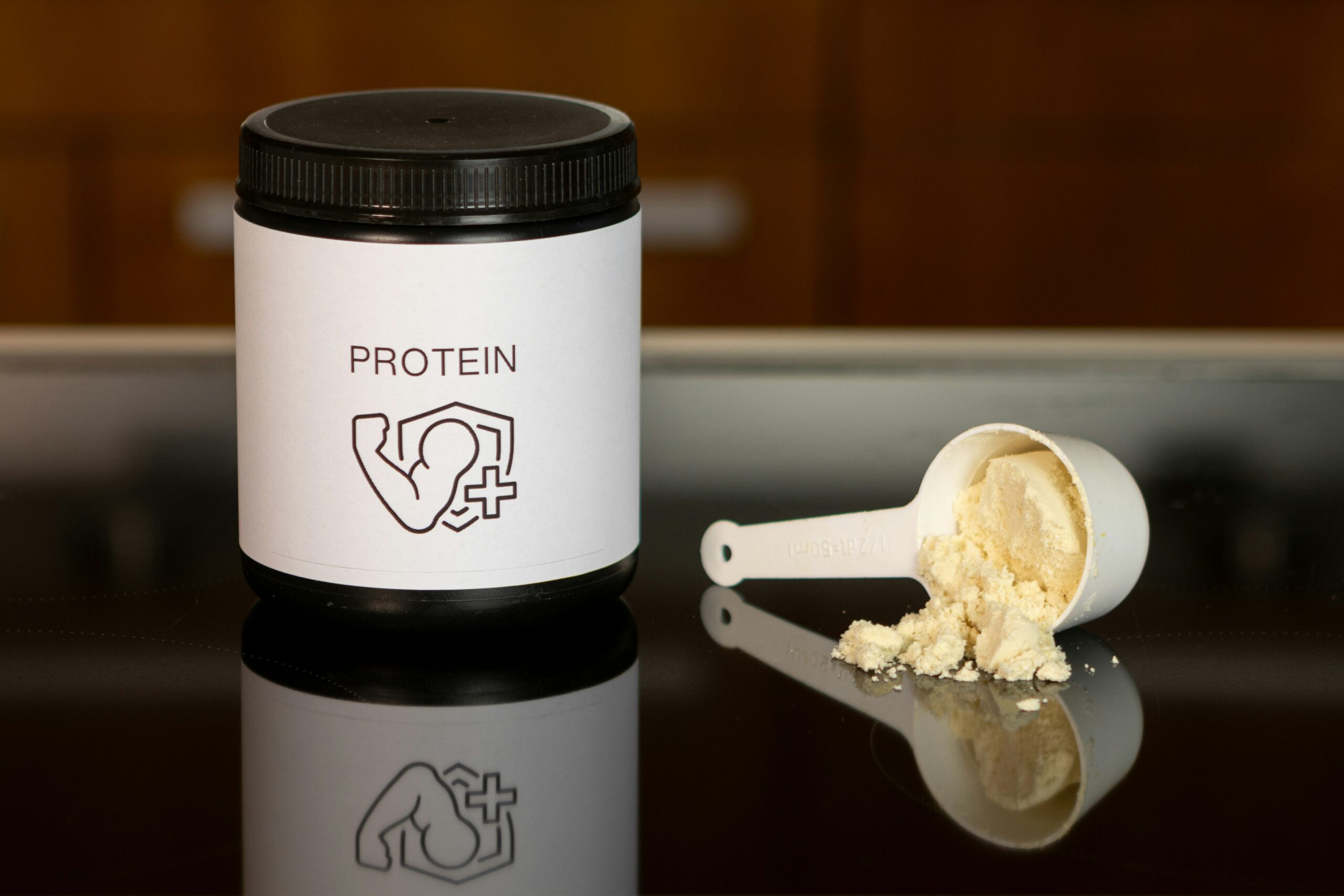Protein Powder Side Effects: While protein powder is often considered a convenient way to meet your protein requirements, it’s essential to understand the potential risks associated with its misuse or poor-quality products. Many people unknowingly harm their liver or kidneys by consuming the wrong type or amount of protein powder.
Why Protein is Essential
Protein is one of the most vital nutrients for the human body. From building muscles to repairing tissues and aiding overall growth, it serves multiple purposes. Whether you want to lose weight or gain muscle mass, your body requires different amounts of protein. However, meeting these needs solely through a regular diet can be challenging, as whole foods often come with extra carbs, fats, and calories.
This is where protein powders come into play. They are marketed as an efficient and calorie-conscious alternative to whole foods. However, with the overwhelming variety of protein powders in the market, distinguishing between authentic and low-quality products has become increasingly difficult. Consuming poor-quality or excessive protein powder can lead to severe health issues, especially for the liver and kidneys.
Symptoms of Liver Problems from Protein Powder
Excessive protein intake can strain the liver, potentially leading to conditions like hepatic encephalopathy. This condition affects liver function and can cause severe health problems. Look out for the following symptoms that might indicate liver damage:
- Swelling around the liver region.
- Pain near the liver area.
- Yellowish stools or signs of jaundice.
- Chronic constipation.
If you experience any of these symptoms while using protein powder, consult a healthcare professional immediately.
Warning Signs of Kidney Damage from Protein Powder
Overloading your body with protein, especially from low-quality powders, can be hazardous to your kidneys. The kidneys must work harder to filter blood, increasing the risk of damage over time. Watch for these signs of kidney trouble:
- Swelling or pain in the abdomen.
- Blood in urine.
- Frequent urination or drastically reduced urination.
- Persistent fatigue or weakness.
Ignoring these symptoms may lead to irreversible kidney issues, so it’s crucial to seek medical advice if they occur.
Digestive Issues from Protein Powder
Poor-quality protein powders can wreak havoc on your digestive system. They may cause:
- Stomach pain or bloating.
- Diarrhea or frequent gas.
- Acid reflux or heartburn.
- Sour burps or discomfort in the chest area.
If you notice these signs, consider switching to a high-quality product or consulting a doctor to ensure your digestive health remains intact.
Is Protein Powder Safe to Use?
Protein powder can be a safe and effective way to meet your dietary needs—provided it’s consumed responsibly. Here are a few tips to ensure safe usage:
- Choose High-Quality Products: Opt for trusted brands that meet safety standards and avoid counterfeit products.
- Follow Recommended Dosages: Overconsumption can overload your organs, so stick to the recommended serving size.
- Consult a Professional: If you have existing health issues, discuss your protein needs with a doctor or dietitian.
- Balance with Whole Foods: Combine protein powder with natural food sources to ensure a well-rounded diet.
Also Read: Is Whey Protein Necessary for Building Muscle?
Final Thoughts
Protein powder can be a game-changer for fitness enthusiasts and individuals with high protein requirements. However, its misuse or reliance on subpar products can harm vital organs like the liver and kidneys. Always prioritize quality, follow appropriate dosages, and stay attentive to your body’s signals to avoid potential side effects.







Leave a Reply